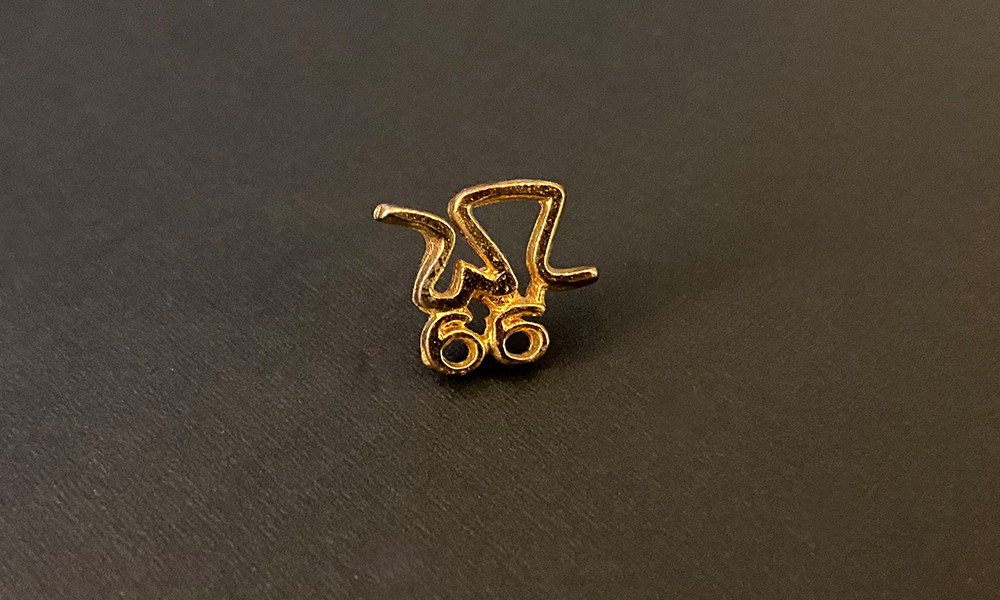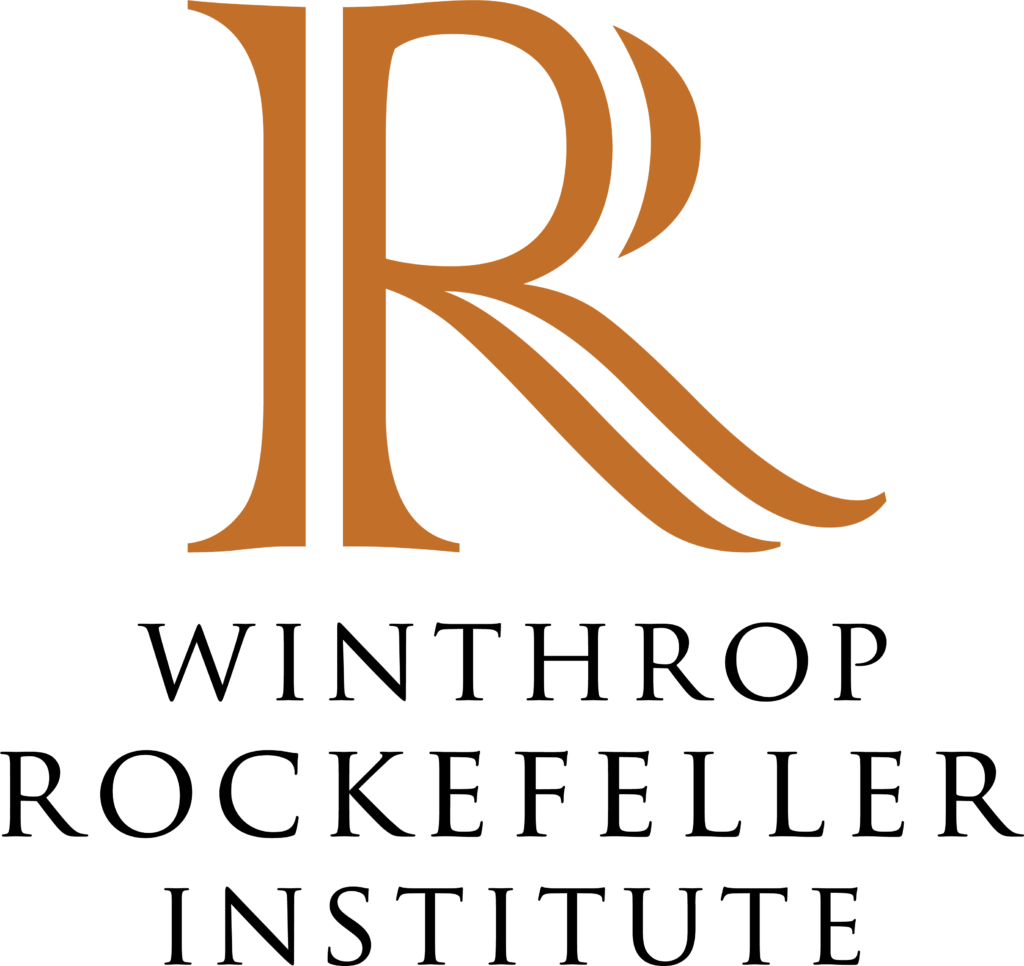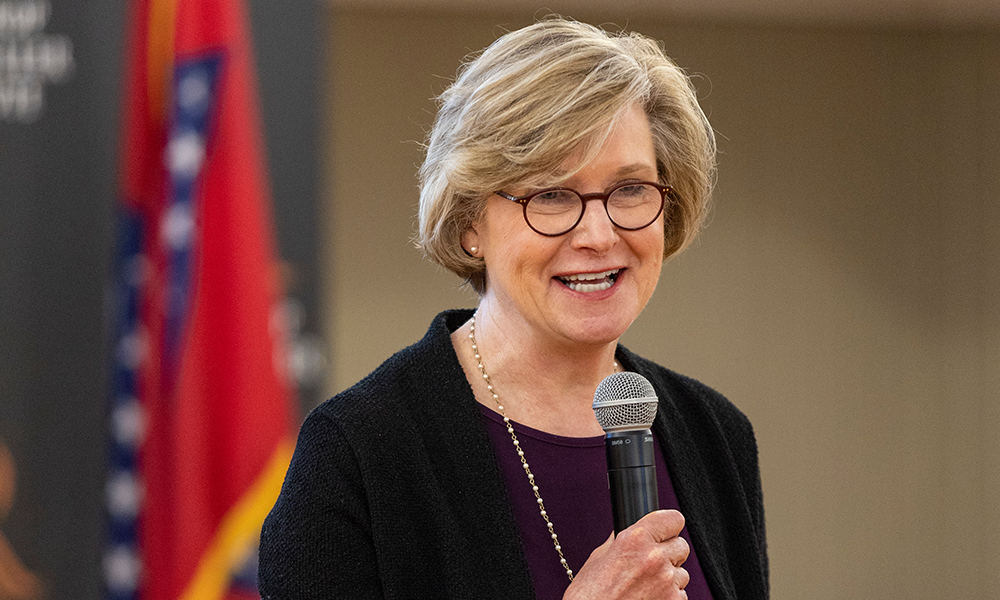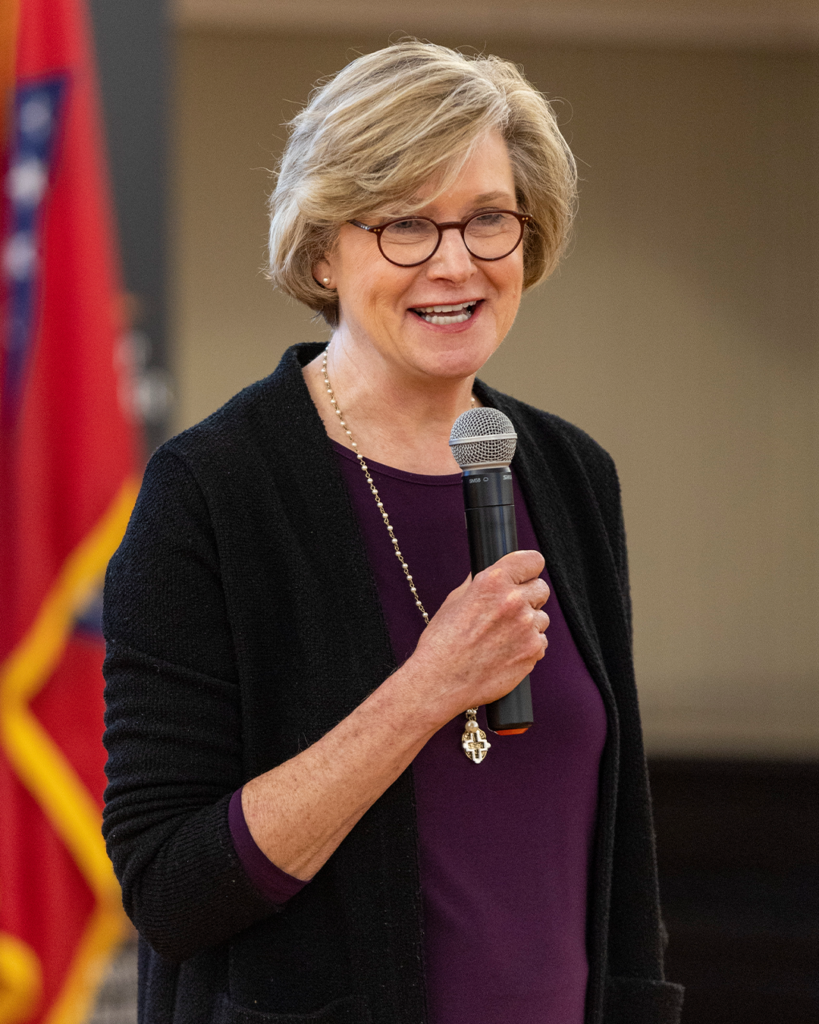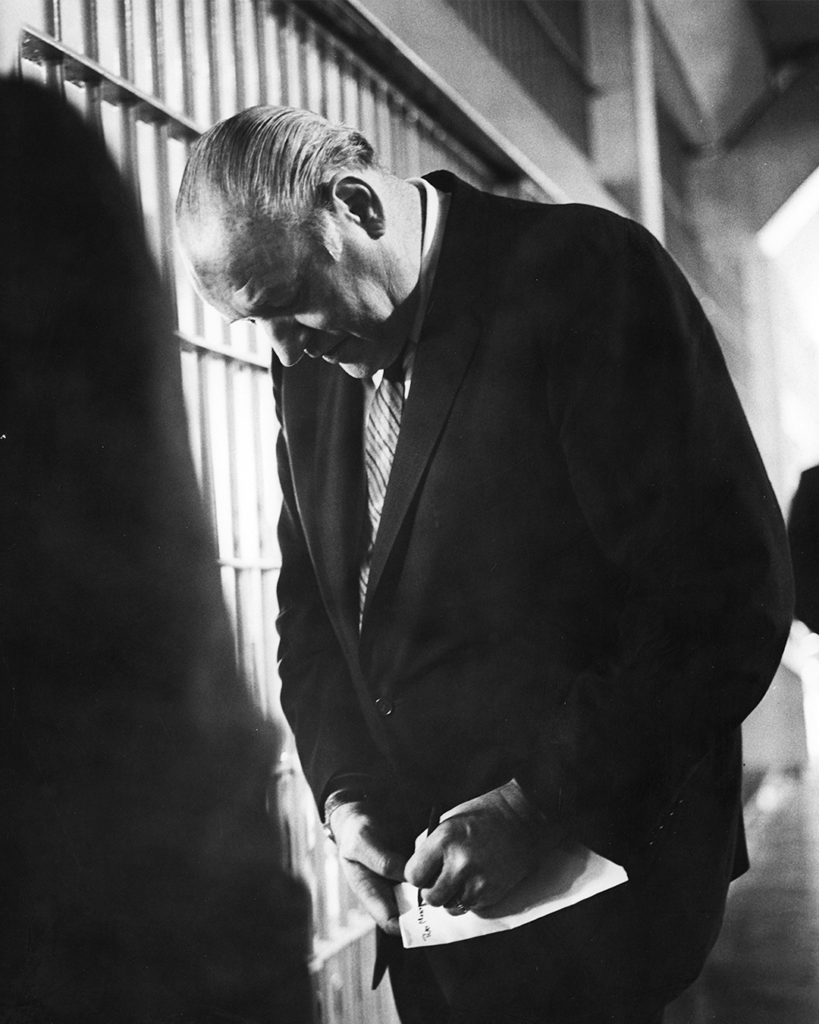by Austin DuVall
Incarceration: Recidivism, Reentry and Reunification (iR3) is an Institute program started in 2021 that brings together representatives from several different areas of the corrections ecosystem — areas that normally would not or could not work together.
Through an intensive series of focus groups to define the problems, conference-style meetings to select the most pressing issues, and independent working groups researching those issues, it is our hope that the iR3 program will result in the first solutions proposed by all parts of that ecosystem. Our participants have already volunteered 1,400 hours towards this collaboration and we’re very grateful for their time, experience, and passion.
Members of our original iR3 cohort, as well as some newcomers, met at the Institute March 3-4 for a third meeting, splitting off into working groups and creating an actionable one-year timeline for their goals. The groups they’ve formed concern Existing Laws & Policies, Public Awareness, and Communication & Collaboration.
After lunch on the first day, Dr. Marta Loyd, the Institute’s executive director/CEO, addressed the group about their shared goal and the progress they’ve made. Her remarks have been transcribed below.
I want to thank you for the work you’ve been doing off Petit Jean Mountain in between our meetings. It’s easy, when you start down the path and you see the shiny thing at the end, to get discouraged along the way. You think you’re not getting there as fast as you want to. Maybe you hit roadblocks that seem insurmountable. I ask you to think of just one thing that you’re really proud of that is different because of this process. I know for a fact, from reviewing all your work, that there are a series of things that have been accomplished that are monumental.
These roadblocks that created our penal system as it currently is took decades. It took decades for us to be in this position and we’re not going to fix it overnight, so we need to celebrate our small wins. As we feel stuck, it’s important to step back and say, “What can we learn from this? Who else do we need to help us? What other resources do we need?”
I’m sure you’re all familiar with the Margaret Mead quote that reads: “Never doubt that a small group of thoughtful, committed citizens can change the world; indeed, it’s the only thing that ever has.”
That’s who we are here: a small group of thoughtful, concerned citizens who are setting out to change the world. I wore my Winthrop Rockefeller for Governor 1966 campaign pin today. I wore it because Winthrop ran for Governor of Arkansas in 1964 against the establishment and lost. But he didn’t give up. He ran again in 1966, still against the establishment, but he came back stronger, better prepared, and doubled down on his commitment.
One of the first things Winthrop did after he was elected was address the severe problems in Arkansas prisons that had come to the forefront. He appointed the very first professional penal director of prisons, and we have never again had prisons in the shape they were when he took office. He created transformational change in that way.
I wore this pin to remind us that obstacles are made for crossing and breaking down. I want to appreciate and thank you again for being at the Institute and challenge you to think of those one or two individuals that you have encountered and have tried to help, but they’re caught up in the prison system. Every day, they’re there. Their children are growing up without them. They’re very capable of being a mother, a wife, a father, a husband, a son, a daughter, but they’re caught in the system. Think of those individuals by name and remember why you’re here, and stay connected to them.
